The Right Time For Braces
What is “orthodontics,” and why do people get braces?
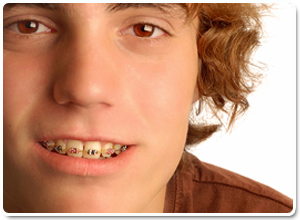
Orthodontics is a special discipline of dentistry concerned with aligning the teeth and jaws to improve one’s smile and oral health. “Ortho” means correct or straight, and “Odont” means tooth.
A dentist usually recommends braces to improve the patient’s physical “orofacial” appearance. Through orthodontic treatment, problems like crooked or crowded teeth, overbites or underbites, incorrect jaw position, and disorders of the jaw joints are corrected.
When is the right time for braces?
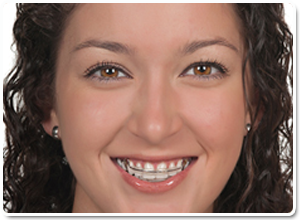
Patients with orthodontic problems can benefit from treatment at nearly any age. An ideal time for placement of braces is between 10 and 14 years of age, while the head and mouth are still growing and teeth are more accessible to straightening. However, because any adjustments in facial appearance can be traumatic to a child during these sensitive years, parents should discuss the matter with their children before braces are applied.
Good news! Braces aren’t just for kids. More and more adults are also wearing braces to correct minor problems and improve their smiles. Ask your dentist about Invisalign or Clear Correct, an invisible, cosmetic alternative to braces for adults.
What kind of braces will I have to wear?
Your dentist will know what appliance is best for your particular problem, but the patient often has a choice. Braces generally come in three varieties: The most popular type are brackets, metal or plastic, that are bonded to teeth and are far less noticeable. The “lingual” type of braces are brackets that attach to the back of teeth, hidden from view. Bands are the old-fashioned type that covers most of your teeth with metal bands that wrap around the teeth. All use wires to move the teeth to the desired position.
How long will I have to wear braces?
That depends upon your treatment plan. The more complicated your spacing or bite problem is, and the older you are, the longer the period of treatment, usually. Most patients can count on wearing full braces between 18 and 30 months, followed by the wearing of a retainer for at least a few months to set and align tissues surrounding straightened teeth.
Will the treatment be uncomfortable?
The interconnecting wires are tightened at each visit, bearing mild pressure on the brackets or bands to shift teeth or jaws gradually into a desired position. Your teeth and jaws may feel slightly sore after each visit, but the discomfort is brief. Keep in mind also that some teeth may need to be extracted to make room for teeth being shifted with braces and for proper jaw alignment.
Do I have to avoid any foods or personal habits?
Yes. Cut down on sweets, chips, and pop. Sugary and starchy foods generate acids and plaque that can cause tooth decay and promote gum disease.
Cut healthy, hard foods like carrots or apples into smaller pieces. Sticky, chewy sweets like caramel can cause wire damage and loosen brackets. Avoid hard and crunchy snacks that can break braces, including popcorn, nuts, and hard candy. Furthermore avoid, ice cube chewing, thumb sucking, excessive mouth breathing, lip biting, and pushing your tongue against your teeth.
What about home care of my teeth with braces?
With braces, oral hygiene is more important than ever. Braces have tiny spaces where food particles and plaque get trapped. Brush carefully after every meal with fluoride toothpaste and a soft-bristled toothbrush. Rinse thoroughly and check your teeth in the mirror to make sure they’re clean. Take time to floss between braces and under wires with the help of a floss threader. Have your teeth cleaned every six months to keep your gums and teeth healthy. Insufficient cleaning while wearing braces can cause enamel staining around brackets or bands.
Who will provide my orthodontic treatment?
Your family general dentist is responsible for coordinating your dental treatment, and this could encompass any orthodontic treatment plan, including diagnosis, examinations, and some orthodontic procedures. Your dentist may, however, refer you to an “orthodontist” -a specialist trained in the development, prevention, and correction of irregularities of the teeth, bite and jaws, and related facial abnormalities.

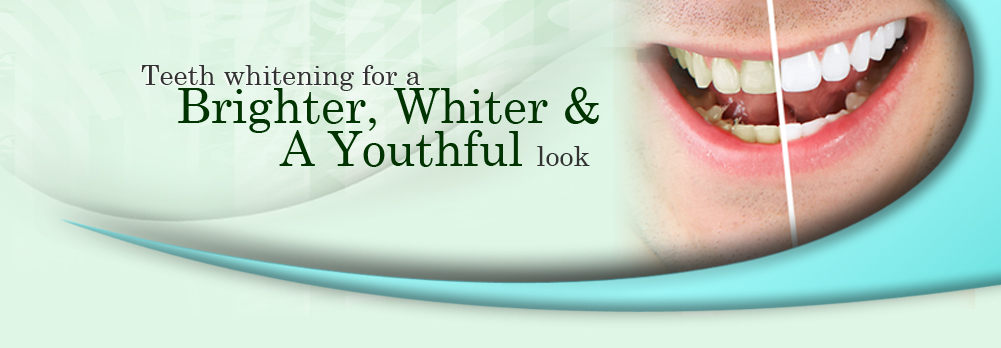
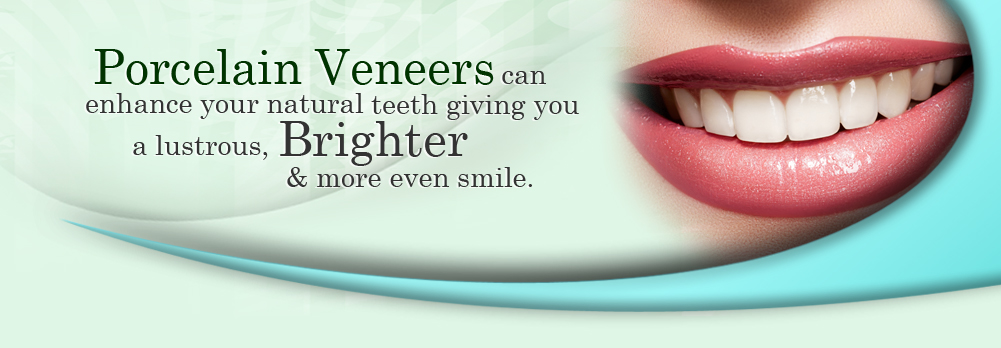

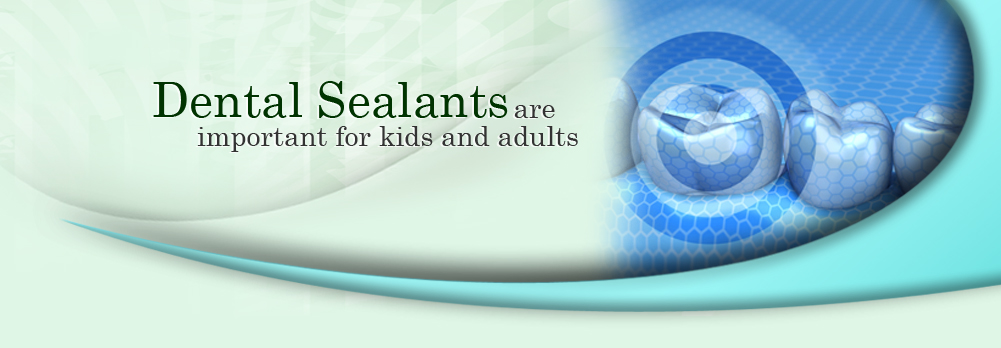
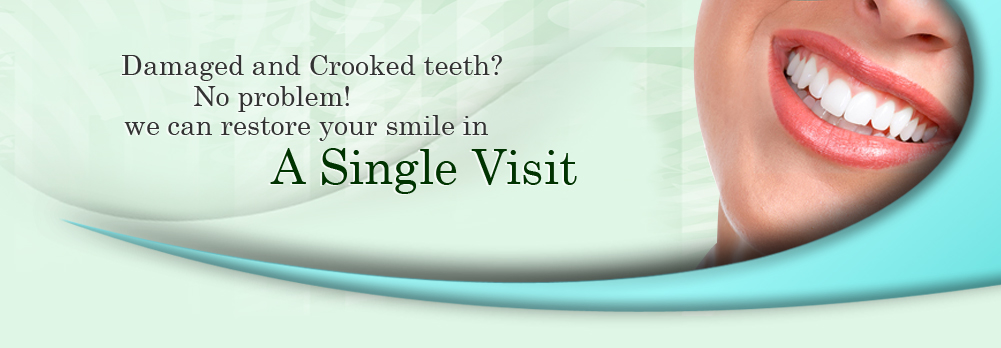





 My husband and I love Prestonwood Dental. I already wrote a review for Dr. Daftary, and realized I should write one for her practice as well, because she and her entire team are brilliant
My husband and I love Prestonwood Dental. I already wrote a review for Dr. Daftary, and realized I should write one for her practice as well, because she and her entire team are brilliant




